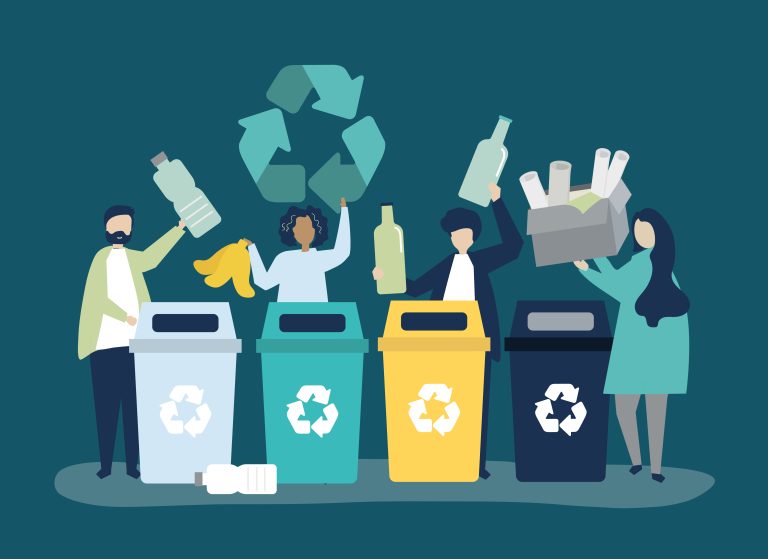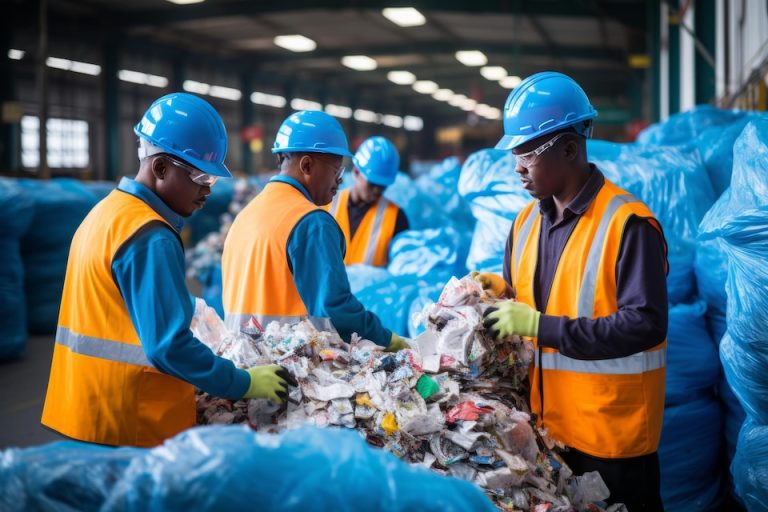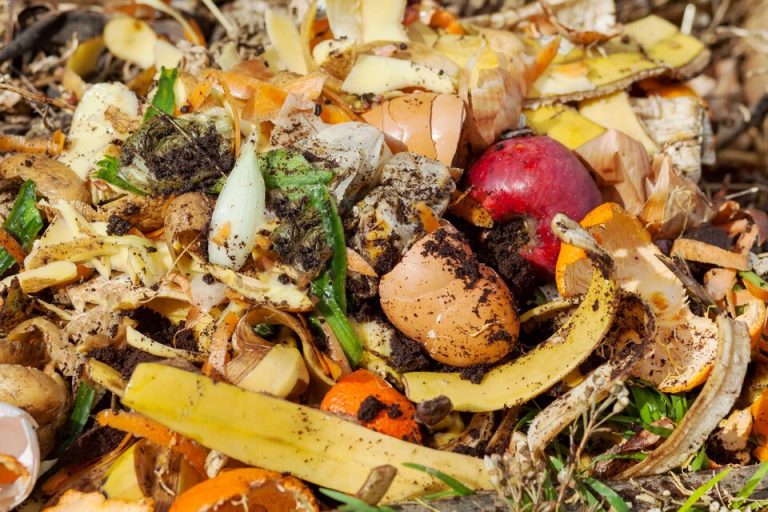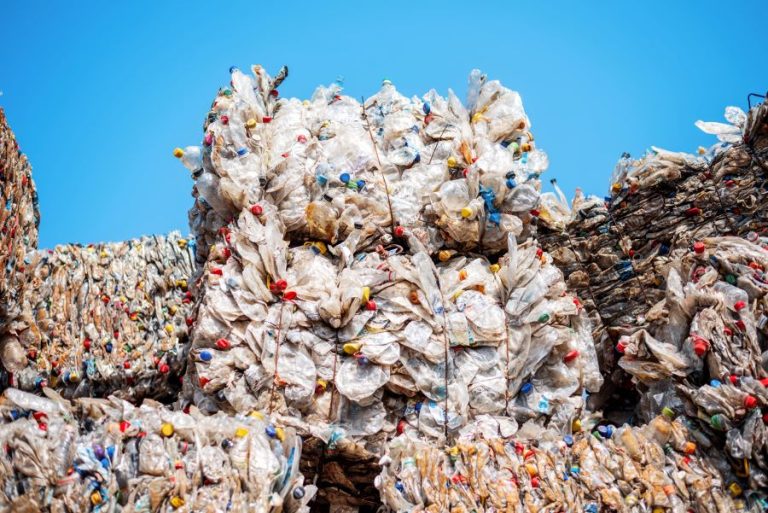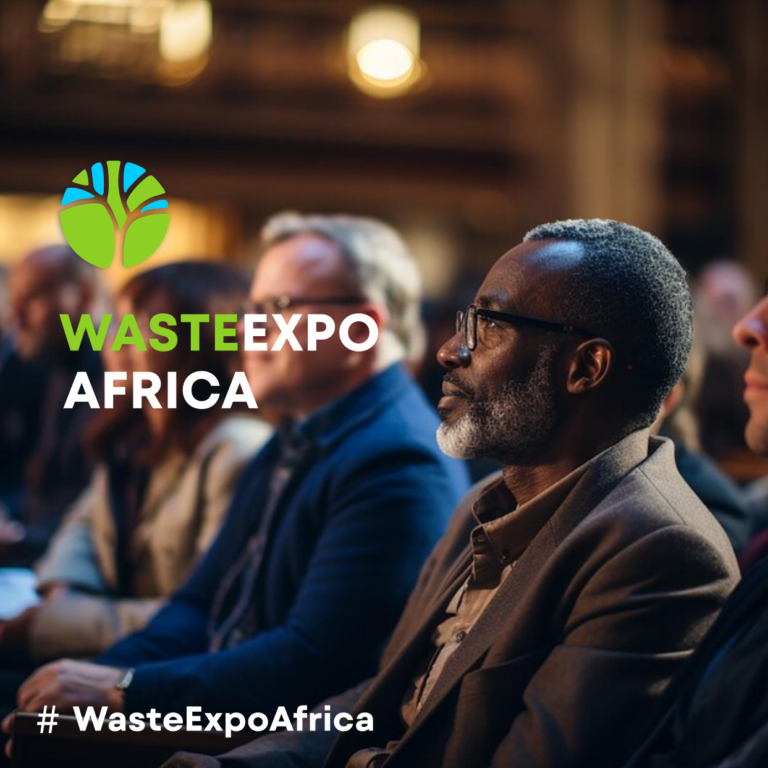The Potential of Biogas Plants for Converting Waste into Energy in Africa: Powering a Sustainable Future with WasteExpoAfrica
Africa faces a dual challenge: managing its growing waste stream and ensuring access to clean and reliable energy. Biogas plants offer a promising solution, transforming waste into a valuable source of renewable energy. This article explores the potential of biogas in Africa and how WasteExpoAfrica serves as a crucial platform for promoting its adoption.
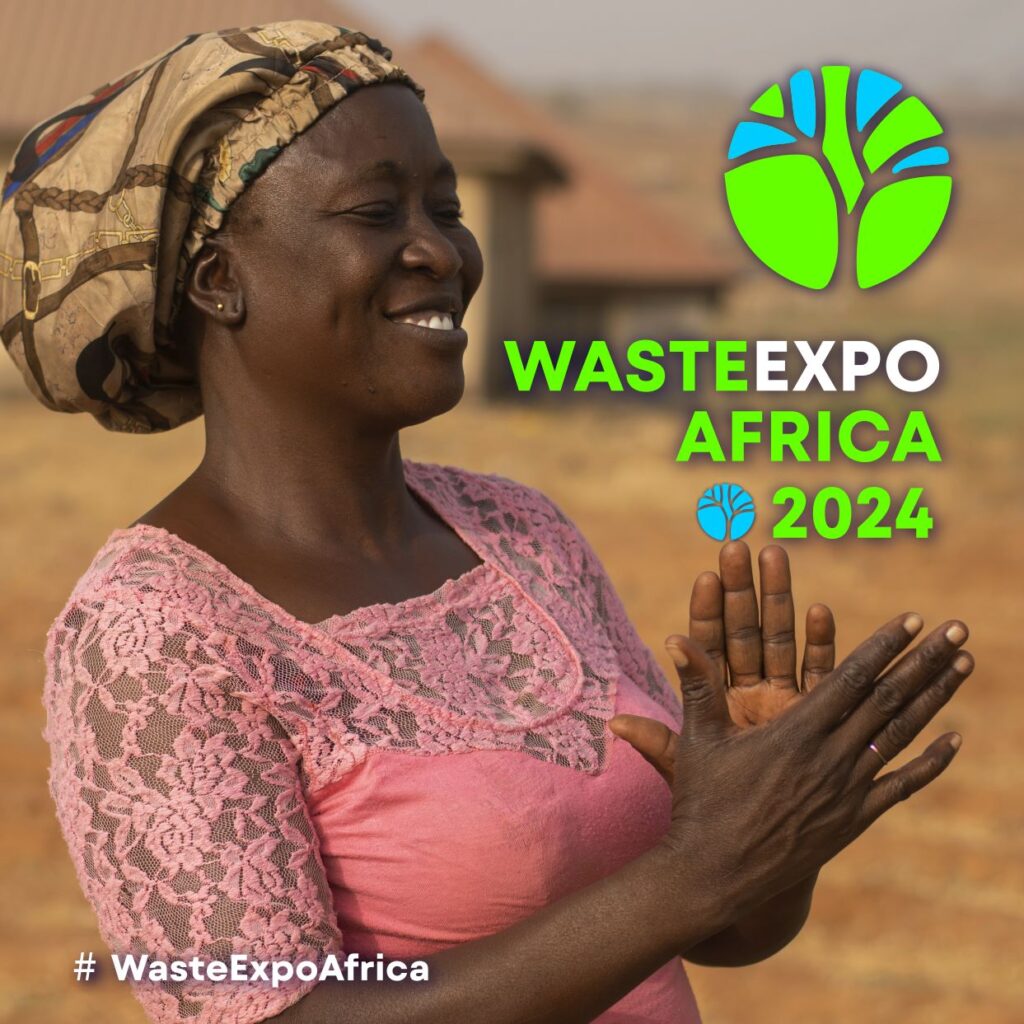
Waste to Energy: The Power of Biogas
Biogas plants convert organic waste, such as food scraps, animal manure, and sewage, into biogas – a clean-burning fuel. This fuel can be used for various applications, including:
| Electricity Generation | Biogas can power generators to produce electricity for homes, businesses, and remote communities, reducing reliance on fossil fuels https://www.eti.co.uk/programmes/bioenergy. |
| Cooking | Biogas stoves provide a clean and efficient alternative to traditional cooking methods that rely on firewood or charcoal, improving indoor air quality and reducing deforestation https://www.irena.org/. |
| Fertilizer Production | The digestate, a byproduct of biogas production, is a nutrient-rich fertilizer that can improve soil fertility and agricultural productivity https://www.irena.org/. |
Biogas: A Boon for Africa
Biogas holds immense potential for Africa, offering a multitude of benefits:
| Waste Management | Biogas plants divert organic waste from landfills, contributing to a cleaner environment and reduced greenhouse gas emissions. |
| Energy Security | Biogas provides a reliable and renewable source of energy, reducing dependence on imported fossil fuels and enhancing energy security, especially in rural areas. |
| Economic Development | The biogas sector can create job opportunities in plant construction, operation, and waste collection, fostering economic growth in local communities. |
| Improved Public Health | Biogas reduces reliance on traditional cooking methods, leading to cleaner indoor air and improved public health outcomes. |
Success Stories on the Continent
Several successful biogas projects are already demonstrating the potential of this technology in Africa:
| The Rwanda Innovation Backstop Fund | Supports the development and deployment of small-scale biogas digesters for rural households in Rwanda, promoting energy access and improved sanitation https://www.fao.org/3/cb3409en/cb3409en.pdf. |
| The IITA Ibadan Renewable Energy Project | A large-scale biogas plant in Nigeria harnesses food waste from a nearby market to generate electricity, providing a clean and reliable energy source for the surrounding community https://www.iita.org/news-item/iita-y-swep-biogas-technology-a-sustainable-energy-solution-and-gateway-to-more-research/. |
WasteExpoAfrica: A Platform for Growth
WasteExpoAfrica plays a vital role in promoting the adoption of biogas technology in Africa by:
| Showcasing Innovative Technologies | The event provides a platform for leading biogas technology companies to showcase their latest solutions to a wide audience of potential users and investors https://wasteexpoafrica.org/. |
| Facilitating Partnerships | WasteExpoAfrica fosters connections between technology developers, investors, and potential biogas plant operators, accelerating project development and implementation https://wasteexpoafrica.org/. |
| Knowledge Sharing | Workshops and conferences offered at the event equip stakeholders with the knowledge and skills needed to develop, operate, and maintain biogas plants effectively https://wasteexpoafrica.org/. |
| Policy Advocacy | WasteExpoAfrica provides a platform for discussing policy frameworks that incentivize investment in biogas technology and promote its wider adoption https://wasteexpoafrica.org/. |
Unlocking the Potential
While biogas has significant potential, challenges remain:
| High Initial Investment Costs | The upfront costs of installing biogas plants can be high, requiring innovative financing models to make them more accessible. |
| Technical Expertise | Building and operating biogas plants requires technical expertise, so capacity building is essential for successful implementation. |
| Feedstock Availability | Ensuring a reliable supply of organic waste is crucial for the optimal operation of biogas plants. |
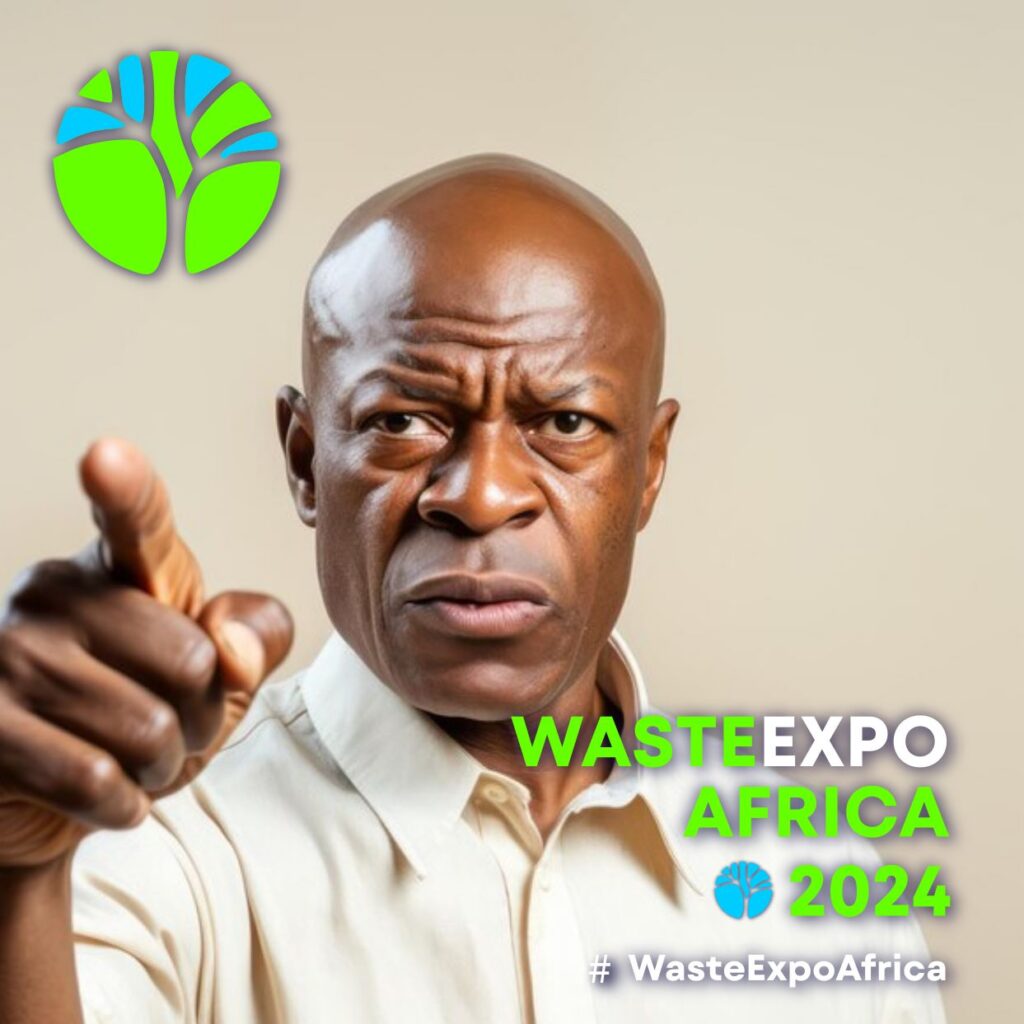
WasteExpoAfrica: A Catalyst for Change
By fostering collaboration and knowledge sharing, WasteExpoAfrica empowers stakeholders to overcome challenges and unlock the full potential of biogas in Africa:
| Developing cost-effective solutions | Exploring innovative designs and financing models to make biogas plants more affordable and accessible for communities across Africa. |
| Building capacity | Equipping local communities with the technical skills and knowledge required to operate and maintain biogas plants effectively. |
| Promoting sustainable waste management practices | Encouraging waste segregation and collection systems to ensure a reliable feedstock supply for biogas plants. |
A Sustainable Future Powered by Biogas:
Biogas technology offers a promising pathway towards a cleaner, more energy-secure, and economically prosperous future for Africa.

